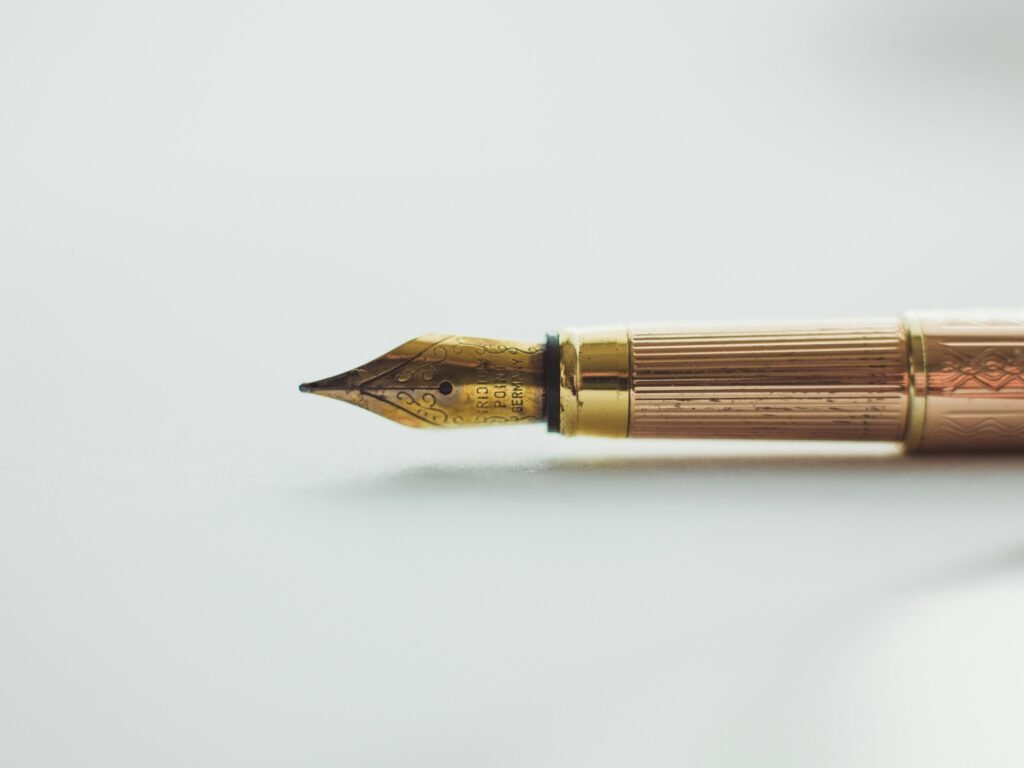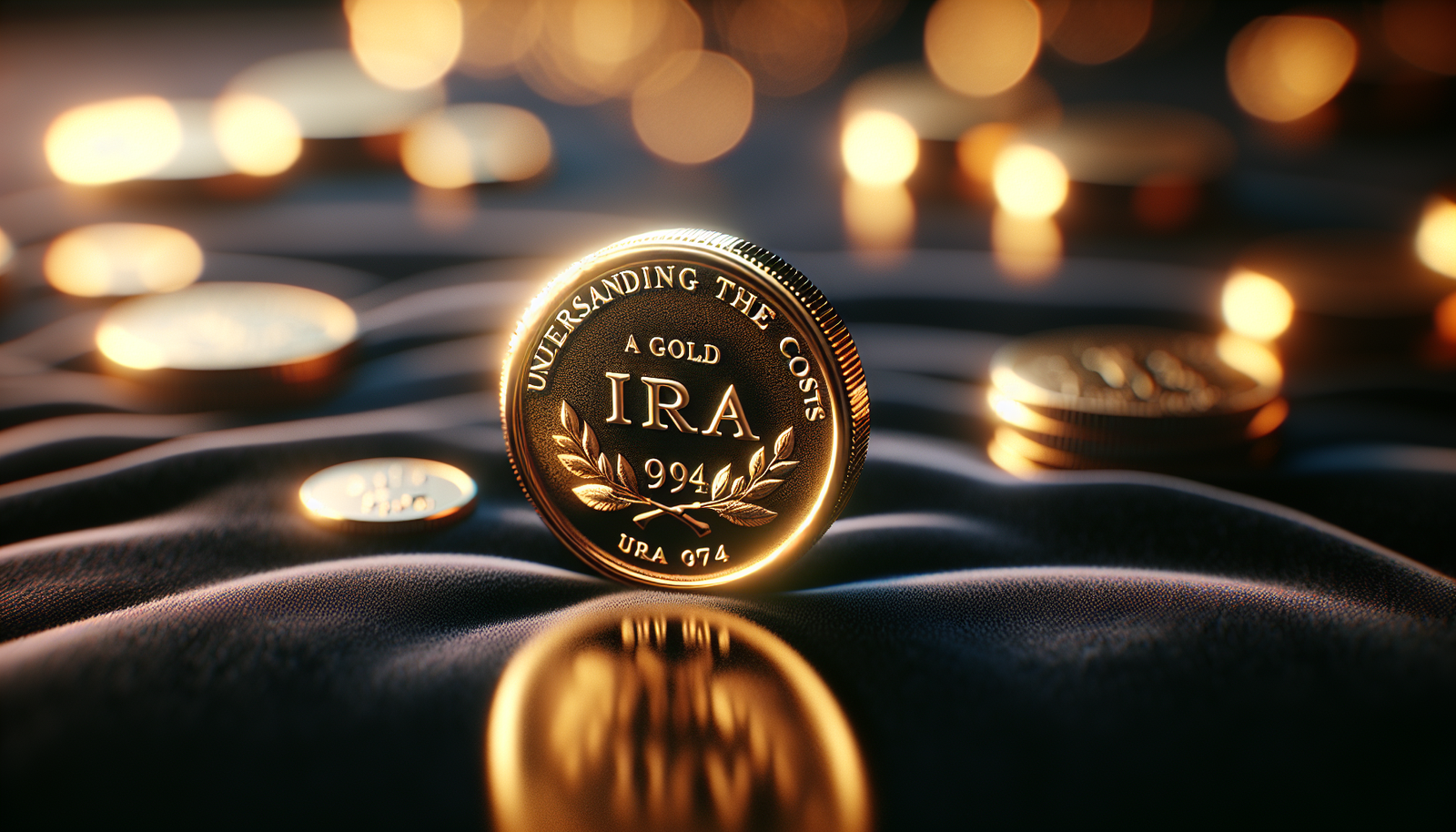Have you ever wondered if you can cash out gold from a Precious Metals IRA? Understanding the rules and regulations surrounding this type of account can be quite complex, especially when it comes to withdrawing your assets. Let’s walk through everything you need to know about cashing out gold from your Precious Metals IRA, including what it is, the regulations, options for cashing out, and some important considerations.
Understanding Precious Metals IRA
A Precious Metals IRA is a self-directed retirement account that allows you to invest in physical precious metals like gold, silver, platinum, and palladium. Unlike traditional IRAs, which typically hold stocks, bonds, and mutual funds, a Precious Metals IRA is designed specifically for the storage and management of tangible assets.
Types of Precious Metals Allowed
When investing in a Precious Metals IRA, not all metals are created equal. The IRS has specific guidelines on which metals can be included in your account. The primary precious metals that qualify are:
- Gold: Must meet a minimum fineness of .995
- Silver: Must meet a minimum fineness of .999
- Platinum: Must meet a minimum fineness of .9995
- Palladium: Must meet a minimum fineness of .9995
Understanding which metals qualify is crucial for your investments. Not adhering to these guidelines can result in penalties or taxation issues.
Cashing Out Your Gold: Is It Possible?
The straightforward answer to your question is yes, you can cash out gold from a Precious Metals IRA. However, the process is not as simple as just withdrawing cash from a traditional IRA or bank account.
The Process of Cashing Out
Cashing out gold involves selling the metal rather than physically withdrawing it from your IRA. Here’s how the process typically works:
-
Contact Your IRA Custodian: Reach out to the financial institution or custodian managing your Precious Metals IRA. They are responsible for handling transactions and will provide you with the necessary steps for selling your gold.
-
Request a Sale: Indicate how much gold you wish to sell. The custodian will then facilitate the sale process in compliance with IRS regulations.
-
Receive Payment: After the gold is sold, your account will be credited with the proceeds from the sale. You can then decide how to distribute or reinvest these earnings.
Withdrawal and Distribution Options
After cashing out, you will have several options regarding what to do with those funds. Here are some choices:
-
Direct Cash Distribution: You can opt for a cash payout, but remember that this may trigger taxes and penalties.
-
Rollover to Another IRA: If you’re looking to keep your retirement account intact, consider rolling over the funds to another retirement account.
-
Reinvesting: You might also reinvest in different assets that align with your investment goals.
Understanding these options can help you make informed decisions about your finances.

This image is property of images.unsplash.com.
Tax Implications of Cashing Out Gold
One critical aspect to consider when cashing out gold from a Precious Metals IRA is the tax implications. Withdrawals from IRAs, including Precious Metals IRAs, can be subject to taxes.
Immediate Tax Obligations
When you cash out your gold and opt for a direct cash distribution, the IRS classifies this as income. Here’s what to keep in mind:
-
Ordinary Income Tax: The proceeds from the sale will be taxed as ordinary income. Depending on your tax bracket, this could significantly impact the amount you ultimately receive.
-
Early Withdrawal Penalty: If you are under the age of 59½ and withdraw cash from your IRA, you may incur a 10% early withdrawal penalty unless you qualify for an exception.
Capital Gains Tax
If your gold has appreciated in value since you acquired it, you might also be liable for capital gains tax. This tax applies to the profit you made from selling the asset, which can add another layer of complexity to your tax situation.
Factors to Consider Before Cashing Out
Before you make the decision to cash out your gold from your Precious Metals IRA, several factors should be taken into account.
Market Conditions
Investigating current market conditions can provide insight into whether it’s an advantageous time to sell your gold. If gold prices are high, it may be a great opportunity to cash out. On the other hand, if market prices are down, you might want to reconsider your options.
Future Financial Needs
Consider your immediate financial needs and future goals. Do you require cash now, or can you afford to leave the investment for potential future growth? You will want to weigh the pros and cons of liquidating this asset.
Long-Term Goals
Think about how cashing out will affect your long-term retirement plan. If you believe that gold will appreciate in value over time, it may be wise to retain that asset within your IRA longer.

This image is property of images.unsplash.com.
Selling Your Gold: What’s Involved?
If you decide to proceed with selling your gold, you will encounter a specific process that involves several key steps.
Valuation of Your Assets
Before you can sell your gold, it’s crucial to have an accurate valuation. The market price can fluctuate daily, and the value of your gold will depend on:
- The current market rate for gold per ounce.
- The quality and purity of your gold.
- Any associated fees or costs charged by your custodian.
Finding a Reputable Buyer
Finding a trustworthy buyer for your gold is essential. You have several options:
-
Through Your Custodian: Most custodians will facilitate the sale of your metals. If you choose this route, make sure to inquire about the fees.
-
Local Jewelers or Gold Buyers: This may provide a quicker sale, but always check the reputation of the buyer to ensure you’re getting a fair price.
-
Online Marketplaces: Websites dedicated to buying and selling precious metals can widen your options but may come with additional shipping and handling charges.
Timing the Sale
The timing of your sale can significantly impact your proceeds. If you’re not in a rush, consider waiting for higher market conditions to maximize your investment.
Conclusion: Making Your Decision
When it comes to cashing out gold from a Precious Metals IRA, you have options but also responsibilities. The process involves considering tax implications, determining the right timing, and evaluating your financial goals.
As you weigh your decision, gather as much information as possible. Consult with your financial advisor about strategies that best fit your circumstances.
Remember, a Precious Metals IRA can serve as a powerful tool for diversifying your investment portfolio. Whether you choose to cash out now or maintain your investment can have substantial consequences for your financial future. Whatever path you decide to take, prioritizing knowledge and planning goes a long way towards achieving your financial objectives.

This image is property of images.unsplash.com.

































